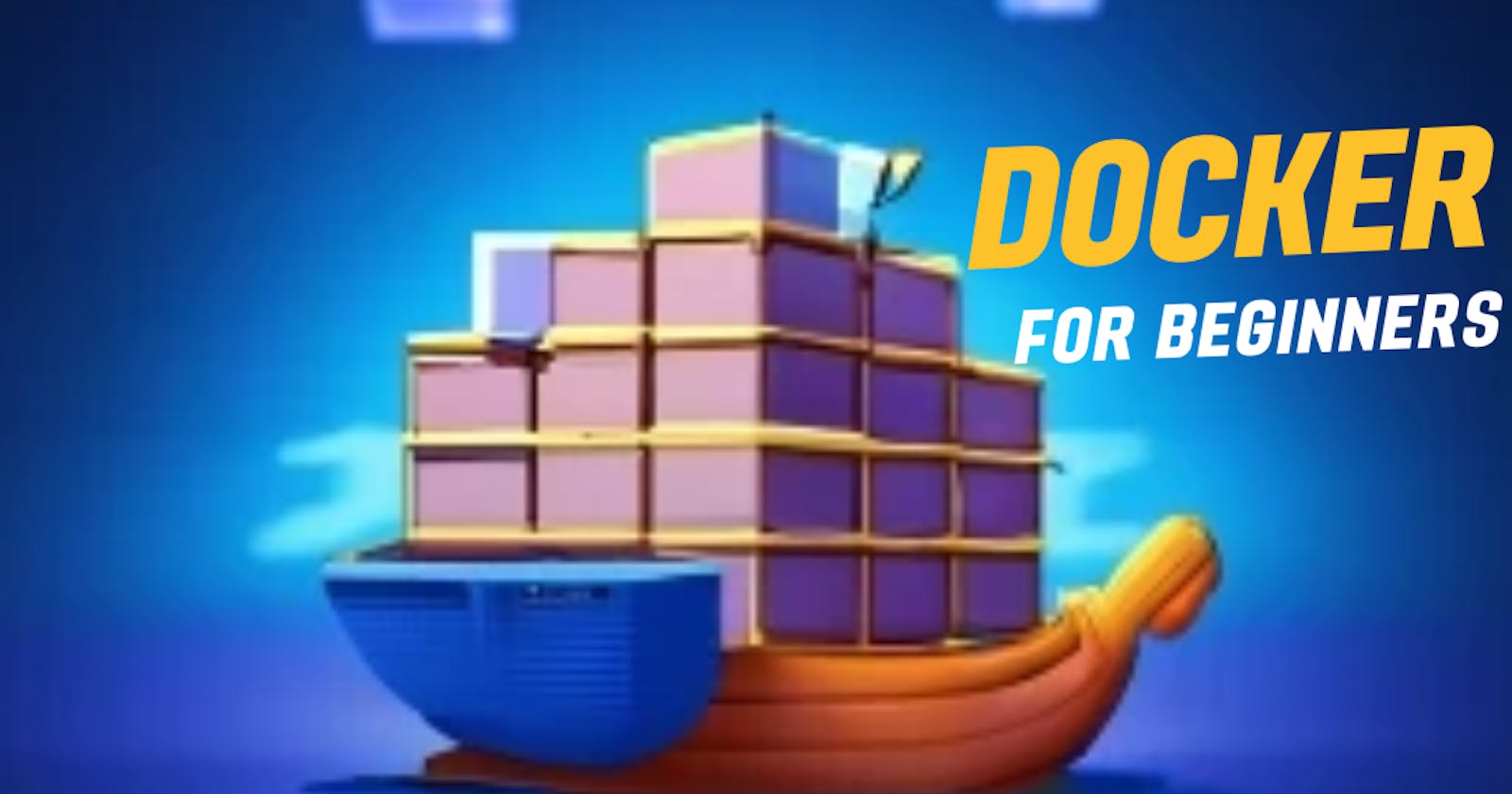Understanding Docker:
Docker is a powerful platform for automating the deployment, scaling, and management of applications. It enables developers to package applications and their dependencies into containers, providing consistency across various environments. In this blog post, we'll explore the basics of Docker, its key concepts, and how it revolutionizes the way we build and ship software.
What is Docker?
Docker is a containerization platform that allows you to package an application and its dependencies into a single unit called a container. Unlike traditional virtualization, where each application runs on a separate operating system, Docker containers share the host OS kernel, making them lightweight and efficient.
Key Docker Concepts:
1. Docker Images:
A Docker image is a lightweight, standalone, and executable package that includes everything needed to run a piece of software, including the code, runtime, libraries, and system tools. Images are the building blocks of containers.
2. Docker Containers:
A Docker container is a running instance of a Docker image. It encapsulates the application and its dependencies, providing isolation and consistency across different environments. Containers can be started, stopped, and moved between environments with ease.
3. Dockerfile:
A Dockerfile is a script that contains instructions for building a Docker image. It defines the base image, sets up the environment, copies application code, and specifies runtime configurations. Dockerfiles provide a reproducible and automated way to create images.
Docker Commands:
1. Building an Image:
bash
docker build -t myapp:latest .
This command builds a Docker image using the instructions in the Dockerfile located in the current directory.
2. Running a Container:
bash
docker run -d -p 8080:80 myapp:latest
This command runs a Docker container based on the specified image, exposing port 8080 on the host.
3. Listing Containers:
bash
docker ps -a
This command lists all Docker containers, including their status and details.
Docker Compose:
Docker Compose is a tool for defining and running multi-container Docker applications. It uses a YAML file to configure application services, networks, and volumes, making it easy to manage complex setups.
Conclusion:
Docker simplifies the deployment and management of applications, offering portability, consistency, and efficiency. This blog provides a glimpse into the fundamentals of Docker, and there's much more to explore as you dive deeper into the world of containerization.
In future posts, we'll explore advanced Docker features, orchestration tools like Docker Swarm and Kubernetes, and best practices for building and deploying containerized applications. Stay tuned for more insights into the exciting world of Docker!

